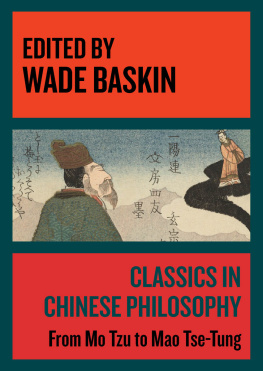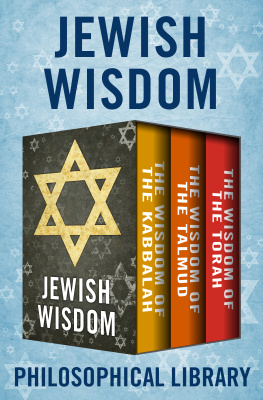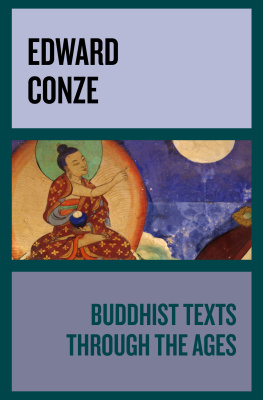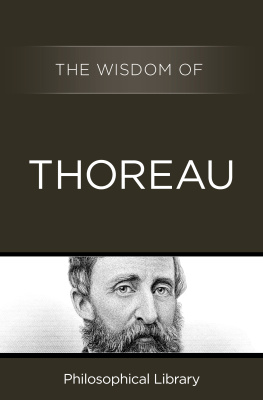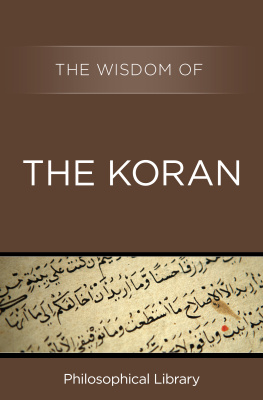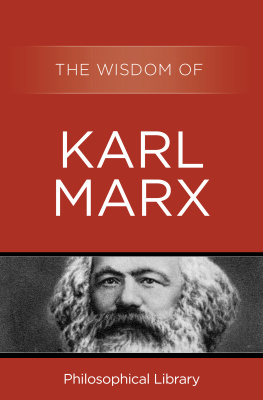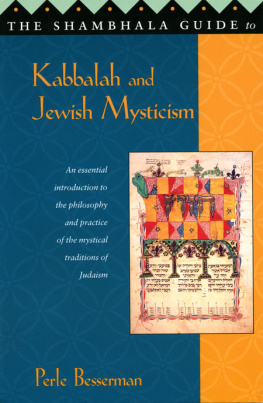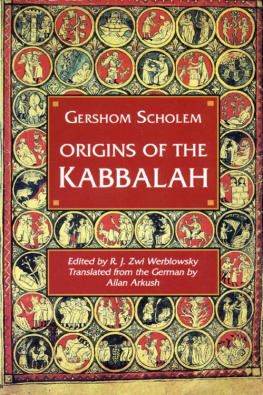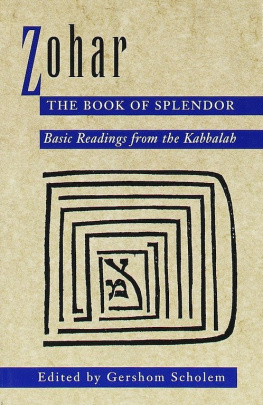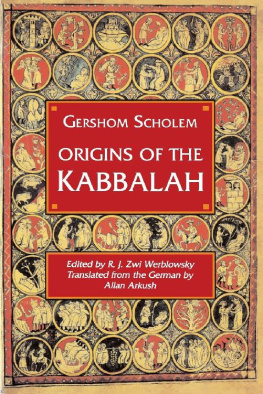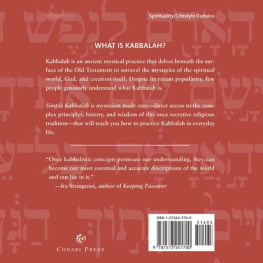The Wisdom of
The Kabbalah
Dagobert D. Runes
Philosophical Library

CONTENTS
The present selection is taken from Sepher ha-Zohar, The Book of Splendor, written about 1300 in Spain. It is the only piece of post-talmudic literature that was to be used by many as a text, almost equal to the Torah and Talmud. The Zohar was and still is the classical expression of Jewish mysticism.
Like the Midrash, it is written in a homiletical manner, following the Platonic style of attributing dominance in the dialogues to the Socratic Rabbi Simeon Ben Yochai.
Kabbalah is that great body of Hebrew literature that sprang up and grew parallel to the traditional writings of rabbinical literature, for a period of over a thousand years. Its origins are clouded in uncertainty, its authors doubtful or anonymous, and its forms of expression varied as they are unusual.
Kabbalah signifies receiving. However, only few were given the inner light by which they could behold the visions of eternity. The secret doctrines concerning God are revealed to the spiritually prepared only.
In a sense, the Kabbalah was a silent protest movement of the mystic element against formalism; a role which it played not only in Judaism but also in Christian Protestantism (Reuchlin a.o.).
The great theme of the Kabbalah is God before creation, and the soul of man after it.
God is ain soph, the endless, ever creating; or, in the words of the great philosopher of Mysticism, Baruch Spinoza, Natura naturans (infinite creative substance).
God manifests Himself in ten emanations, or Sephiroth. His divine attributes are: Wisdom, Reason, Knowledge, Greatness, Strength, Beauty, Eternity, Majesty, Principle, and Sovereignty (Chokmah, Binah, Daath, Gedulah, Geburah, Tiphereth, Netzach, Hod, Yesod, Malkuth).
Man is part of this created world, but man is also given to glory in the emanations of the heavens. Man can lift the curtain of the great Unknown and raise himself into the abode of the blessed spirit by dedicating his life to Chabad (Wisdom, Reason, Knowledge), the first three of the Divine Emanations.
This sublime love of the Divine transcends physical being and transforms mere man into the Zaddik, the Righteous One, who, seeing the inner stream of creation, lives in the bliss of fundamental faith and equanimity. His body is earthly but his soul is of the heavens. He is united with God in a mystical union which can be comprehended by the initiated only (Yihud).
Again we are reminded of Spinoza and his theorem, The love of man to God and the love of man to man are one and the same.
The Kabbalah, although offering no moral regulative or system of precepts, is inherently a philosophy of ethics. Its writings may point to examination of the symbolic meaning of the Hebrew alphabet; they may encourage a semanticism based on initials and numbers; they may become involved with incarnation and magic, with amulets and spiritism, demonology, exorcism, or Messianism; the essence of the Kabbalah has ever been man's mystical union with God in thoughts of wisdom and deeds of kindness.
The literature of the Kabbalah has its beginning in Palestine and Babylon in the post-talmudic era. Of the systematic books of the early epoch are Shiur Komah, dealing with the measures of God, and Sepher Yetzirah, Book of Creation.
In the early middle ages the center of Kabbalist study moved from the Middle East to the Mediterranean countries and Germany. The major works of that era are Masechet Azilut, a treatise on emanations; Sepher ha-Bahir, the Book of Enlightenment; Sepher ha-Temunah, the Book of the Image; and last and foremost, the Zohar, or Splendor.
The Zohar is generally and rightly regarded as the main work of the Kabbalah. It was written in Aramaic in the manner of a commentary to the Torah. It was composed and published toward the end of the thirteenth century by Moses ben Shemtov de Leon, of Castile (d. 1305).
In the sixteenth century the center of Kabbalah veered back to Palestine, especially the city of Safed. Its great representatives were Moses Cordovero, the profound theoretician of Kabbalism; Isaac Luria, the Saint; and his disciple Hayim Vital, who put his master's teachings on paper.
The Safed school of Kabbalah became a source of great inspiration to the fervent religious movements of Eastern Europe of the later centuries, culminating in the tremendously powerful revival movement of Jewish mysticism in the eighteenth and nineteenth centuries, known as Chassidism.
Founded by Rabbi Israel ben Eliezer (1700-1760), called Baal Shem Tov, Master of the Good Name, Chassidism (Pietism) is based on the application of kabbalistic principles of union with God. Its emphasis is on the guidance of the Zaddikim, the righteous, and constant direct communion with the Heavens.
The Kabbalah in all its ways and byways is based on the theology of Schechinah, God's indwelling in man.
Man can reach the Divine in his own heart, in his own faith.
Man can reach the Divine in meditation of the oneness and infiniteness of the Lord.
Man can reach the Divine in deeds of kindness, as love to man is but love to God in another form. Man's destiny is the practice of Tikkun, to restore harmony to the world by spreading God's scattered light into every corner.
The Kabbalah is called the third of the great literatures in the Hebrew faith, next to the Bible and Talmud. Indeed, they are all three but one. And if some may point out that not always did holy wisdom guide the scriptural text, it is not difficult to pull back the frilly curtain of the incidental and gaze upon the celestial splendor of what is forever the Faith of Israel.
D. D. R.

Photograph copyright 2010 by Fotosearch.
The renewed interest in Kabbalah and mystical Judaism is a
factor in bringing the hamsa pendant back into vogue. The
hamsa is a palm-shaped amulet that is meant to ward off
the evil eye. In Jewish mysticism, fish are a symbol of
good luck, so many hamsas (like the one shown above) are
decorated with fish images. Hamsas may also be inscribed
with Hebrew prayers.
Why is there so much interest today in the ancient, esoteric school of thought known as Kabbalah? Celebrities from Madonna and Roseanne Barr to Ashton Kutcher and Donna Karan have brought new attention to this mystic tradition, albeit in a somewhat watered-down form. Red Kabbalah string bracelets appear on the wrists of Lindsay Lohan and Paris Hilton and countless more latter-day followers of New Age pop culture trends. But is the current interest in the study of Kabbalah just a fad, a feel-good religion lite? If not, what relevance can this mystical aspect of rabbinical Judaism have for us in the twenty-first century?
The word kabbalah derives from the Hebrew word for receiving; in its contemporary, mundane form in the language of modern Israel, the word is used in reference to hotel reception desks and restaurant receipts. In its traditional, sacred sense, kabbalah applies to the knowledge of God received by those who devote themselves to its study. In addition to receiving wisdom, adherents also emphasize the notion of giving-to the community and the broader world. For individual deeds, performed by the tzaddik, the righteous one, Kabbalah teaches how to reestablish the divine order of things and bring about Tikkun, or restoration of the world.


